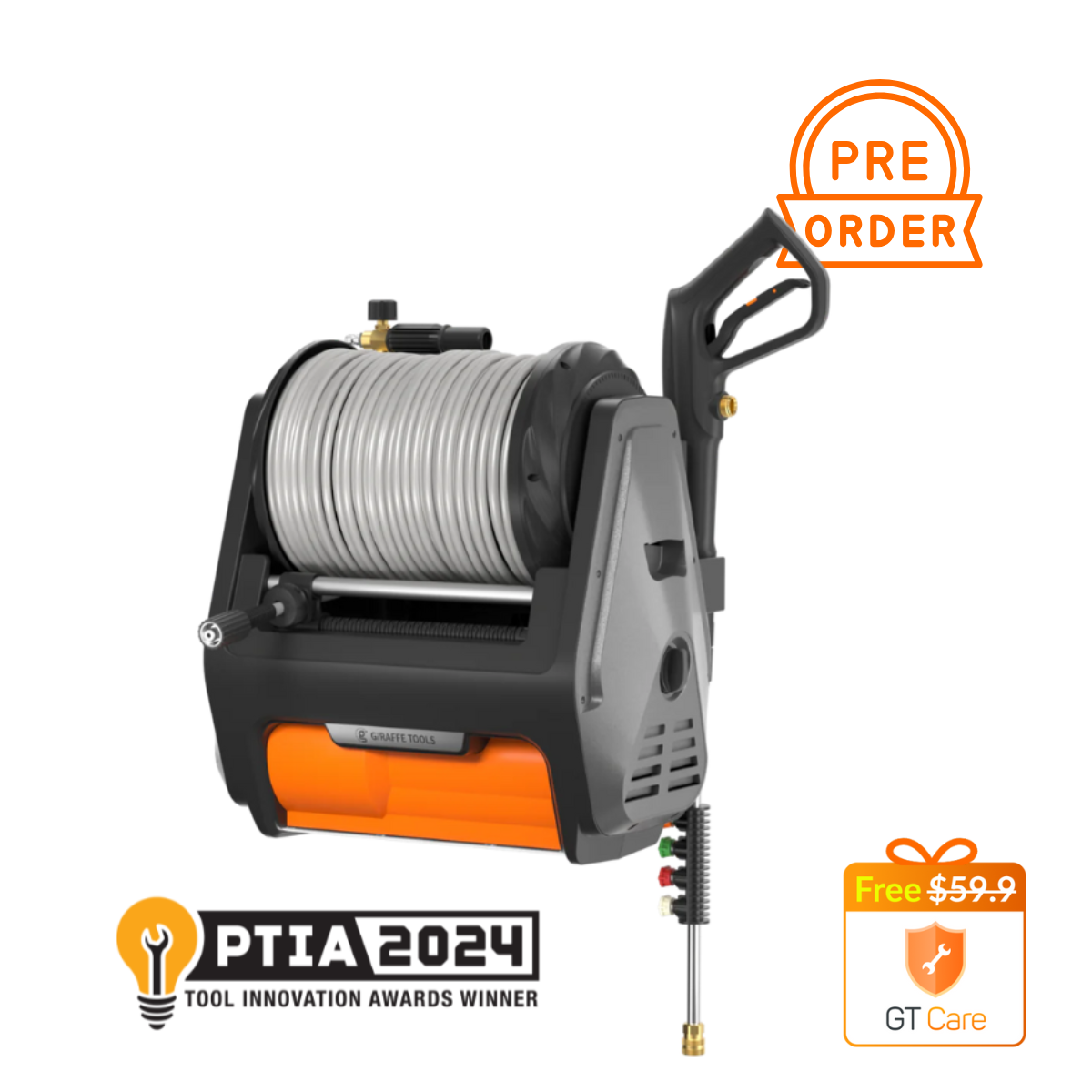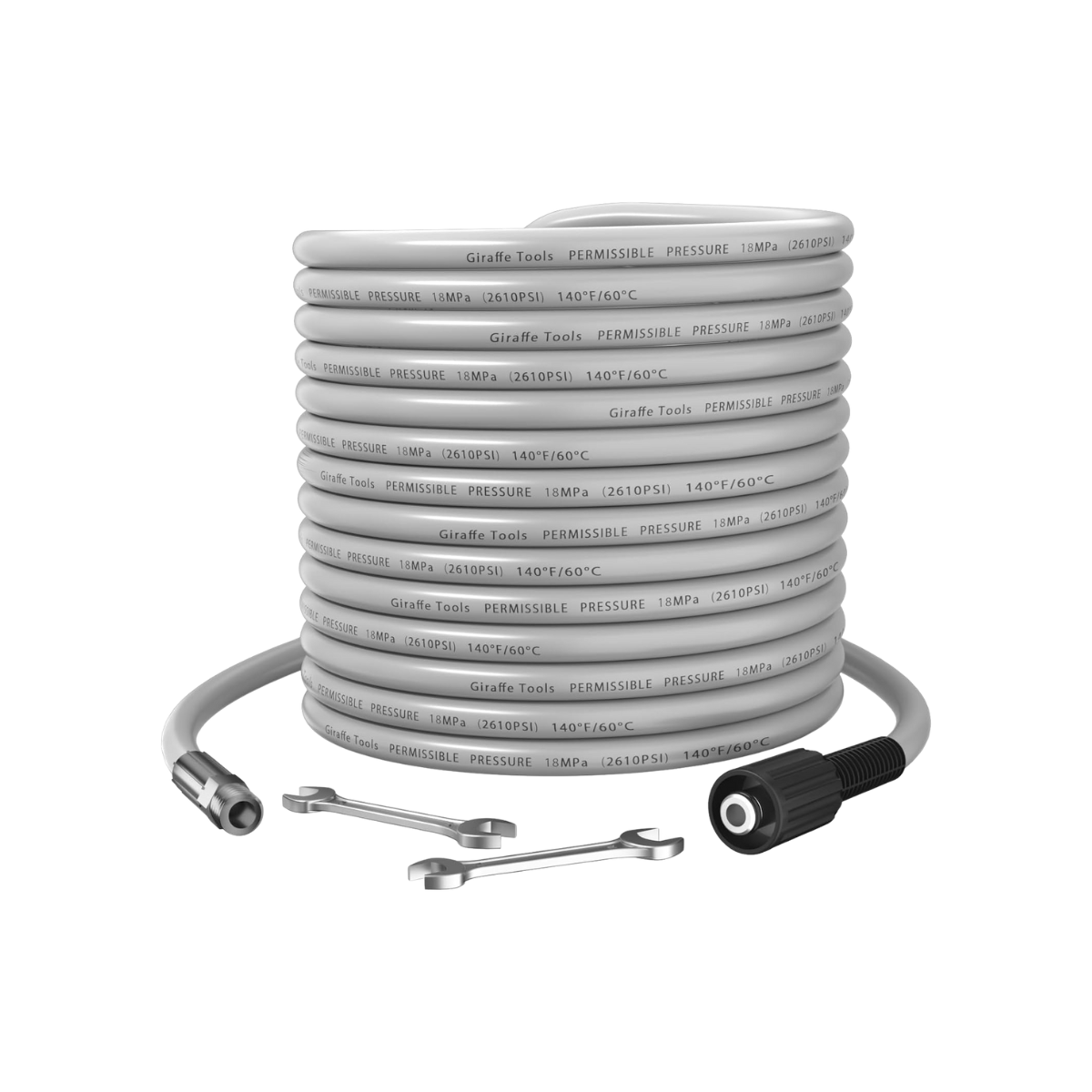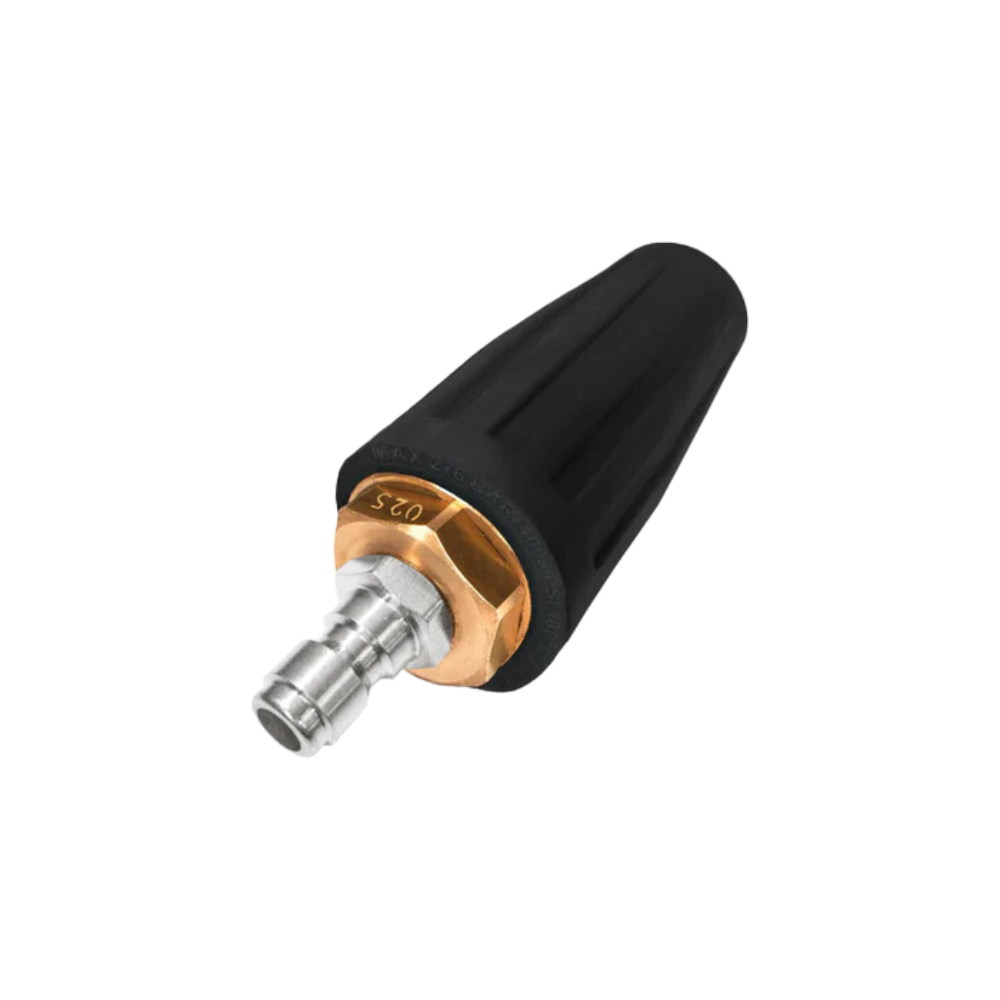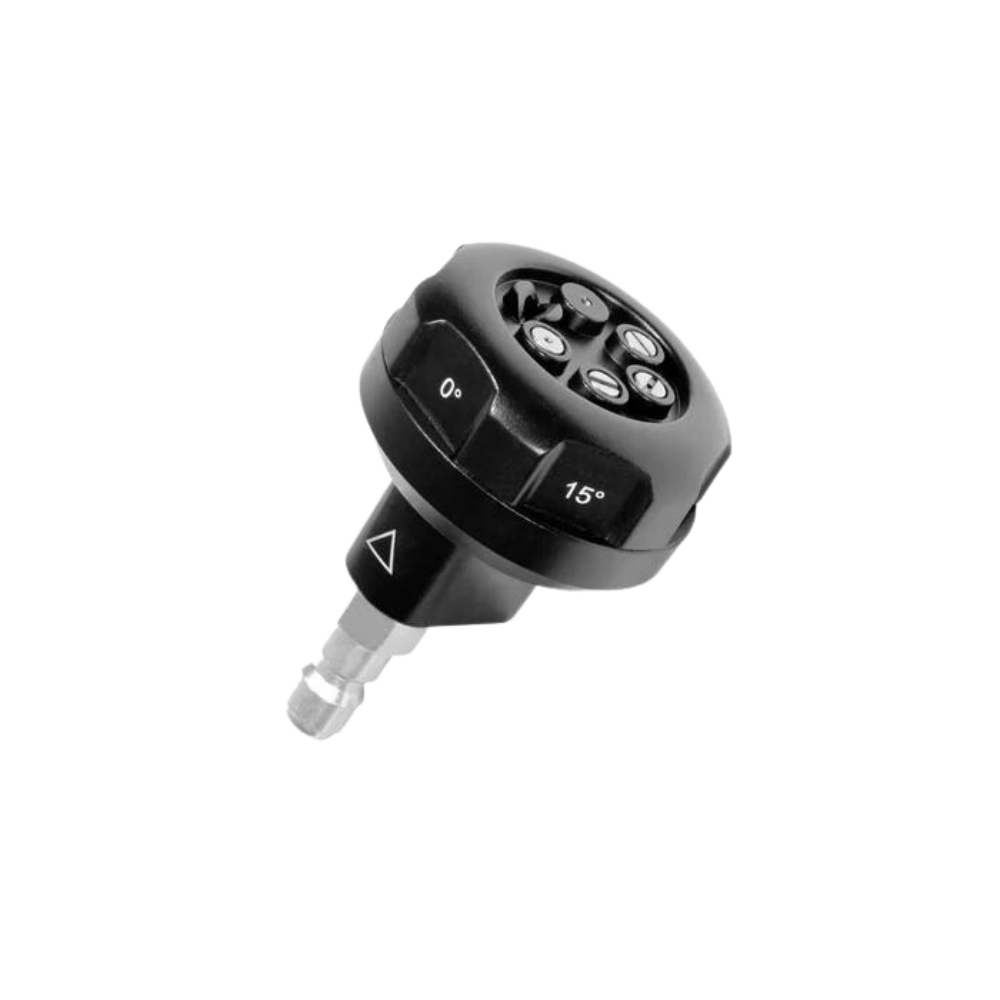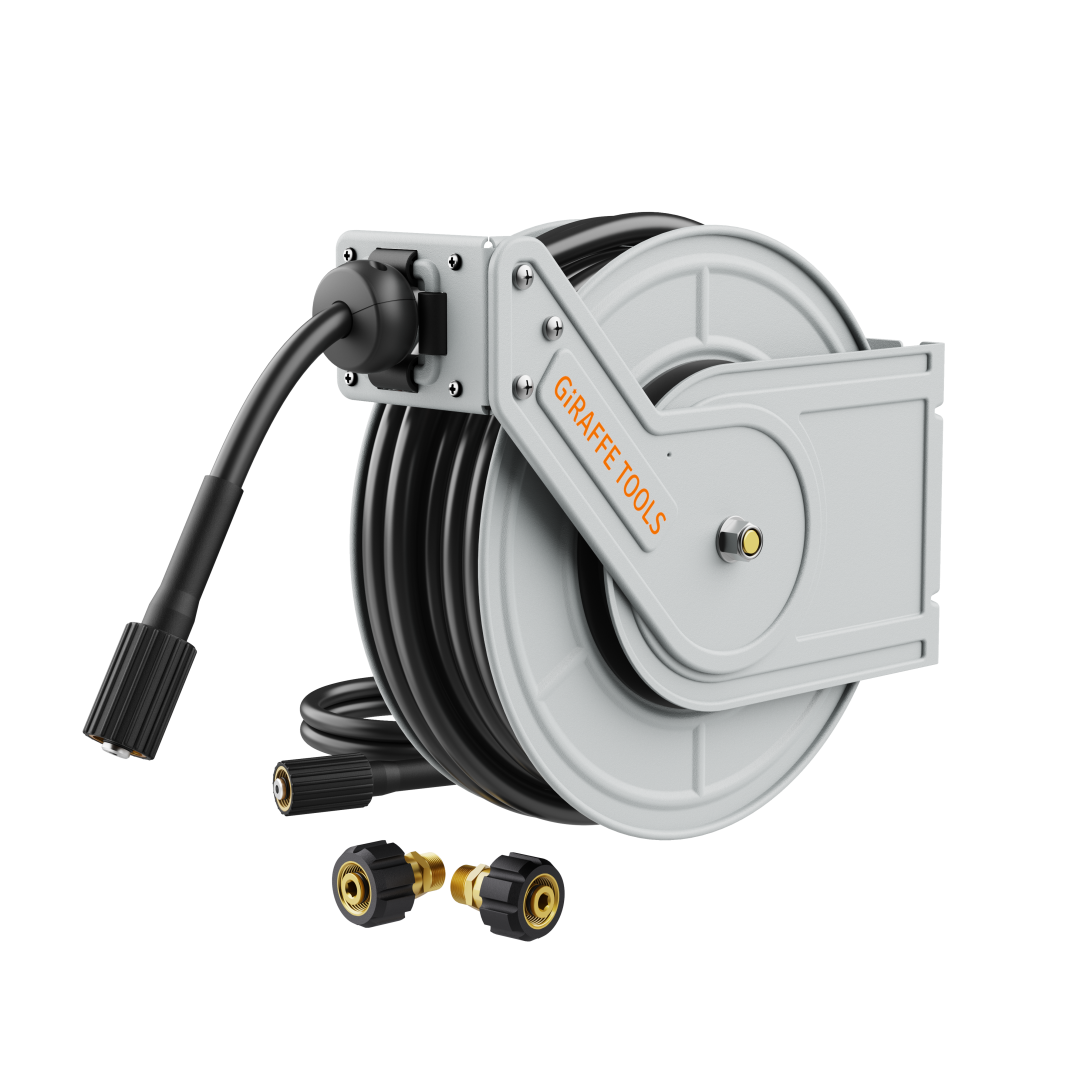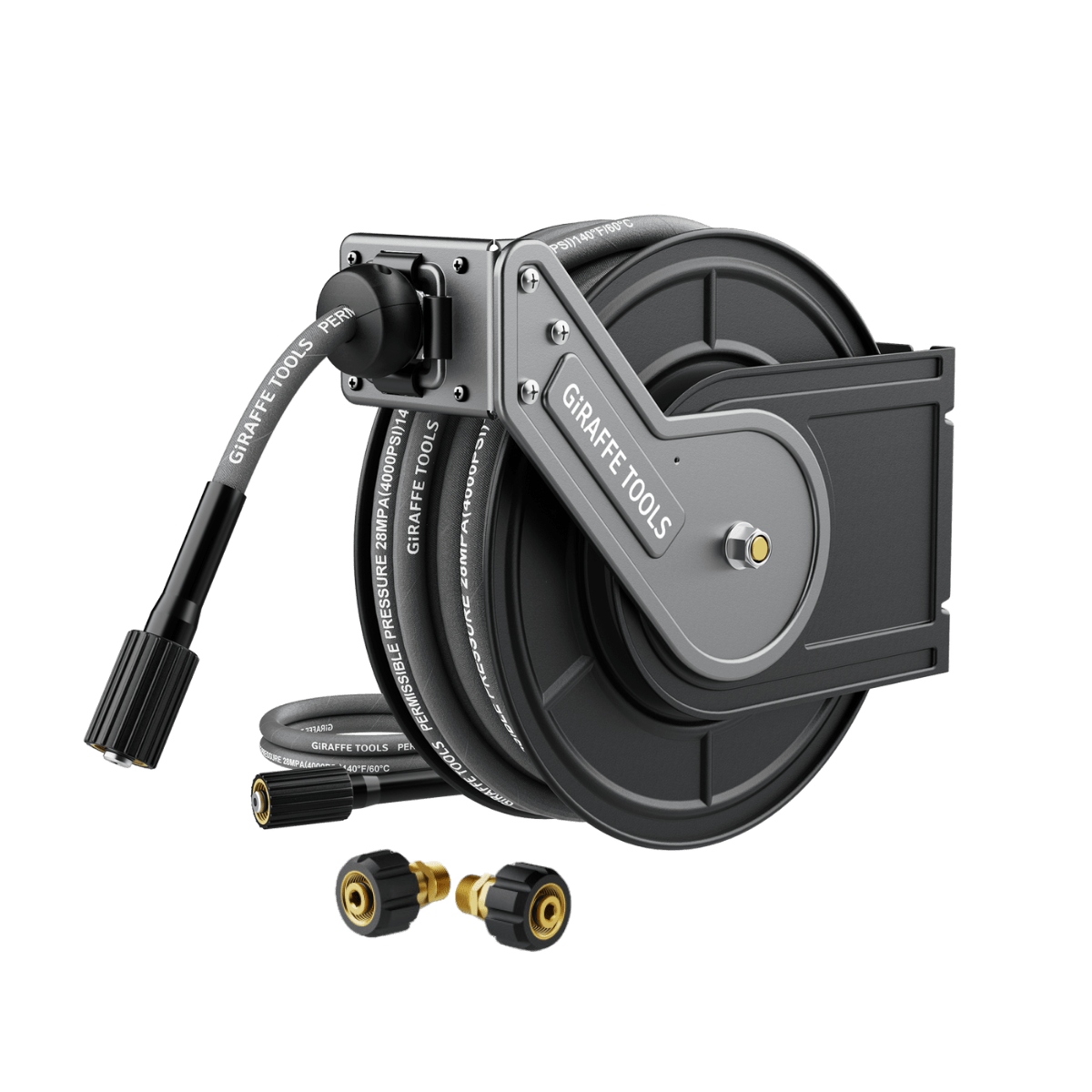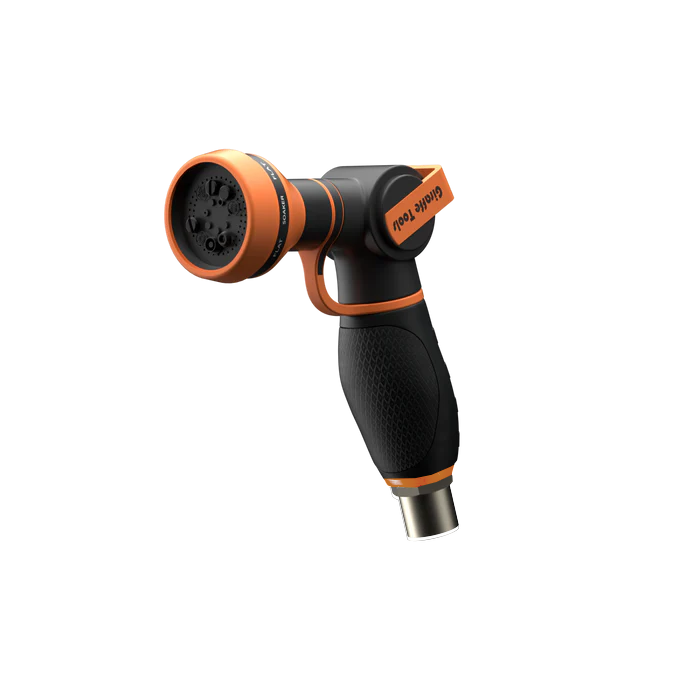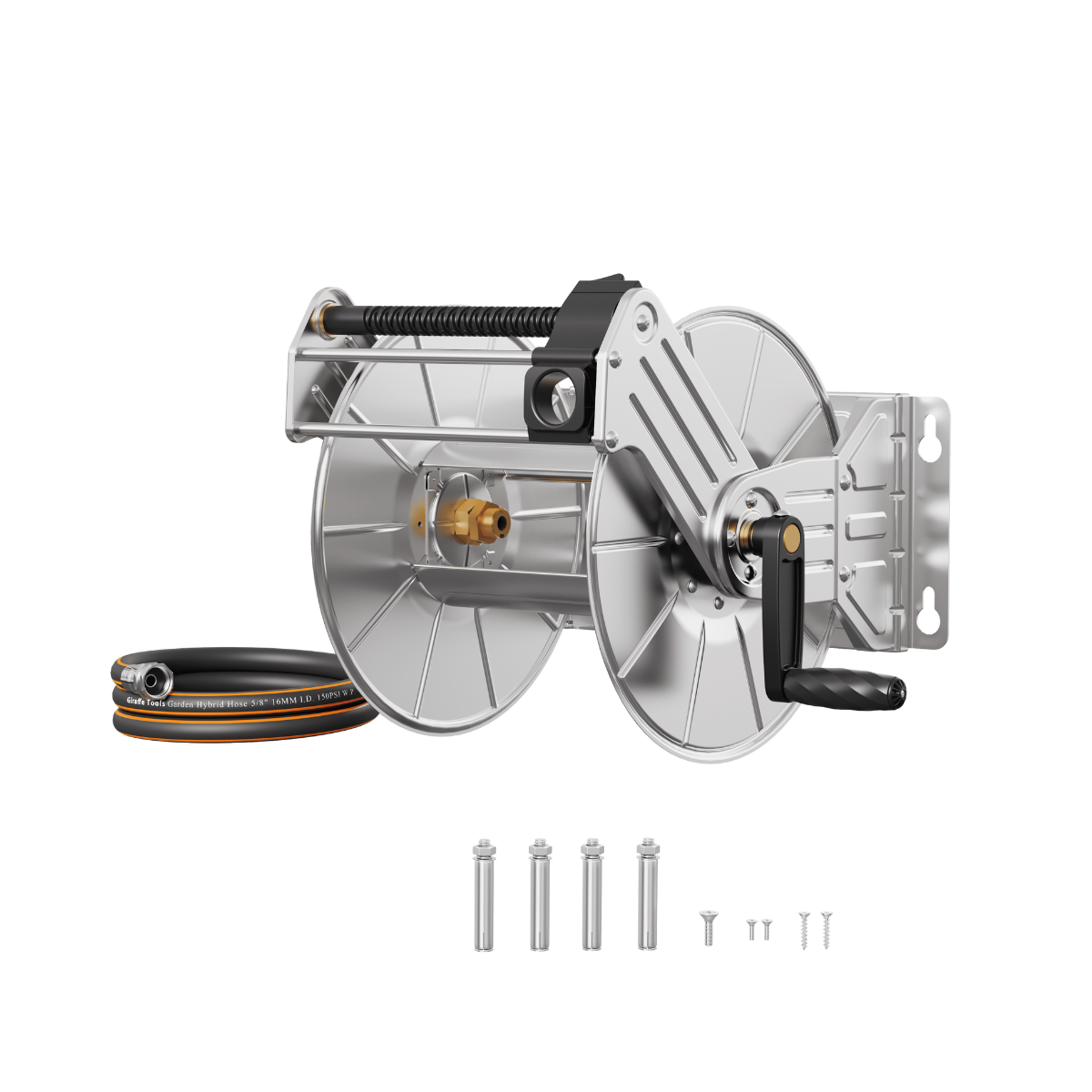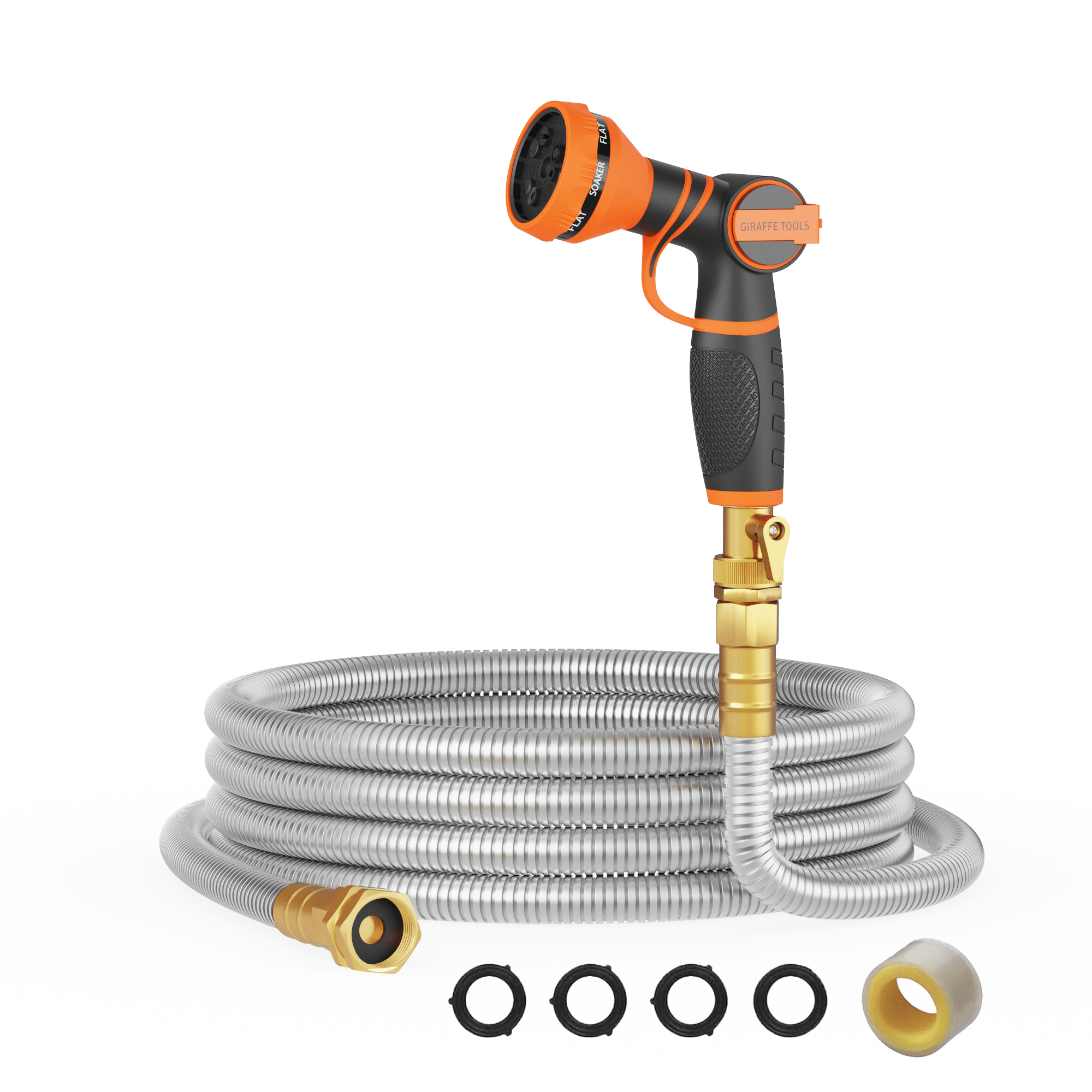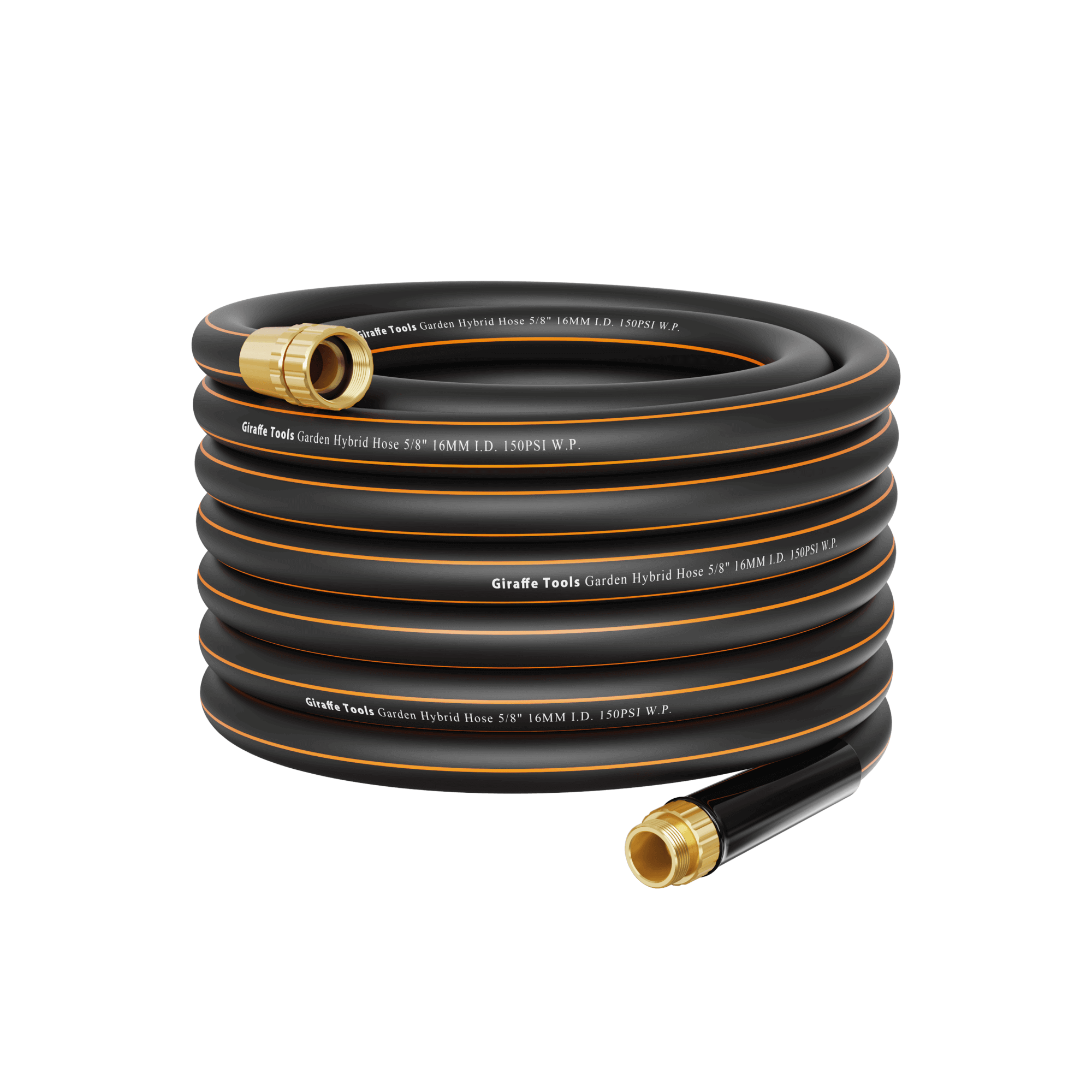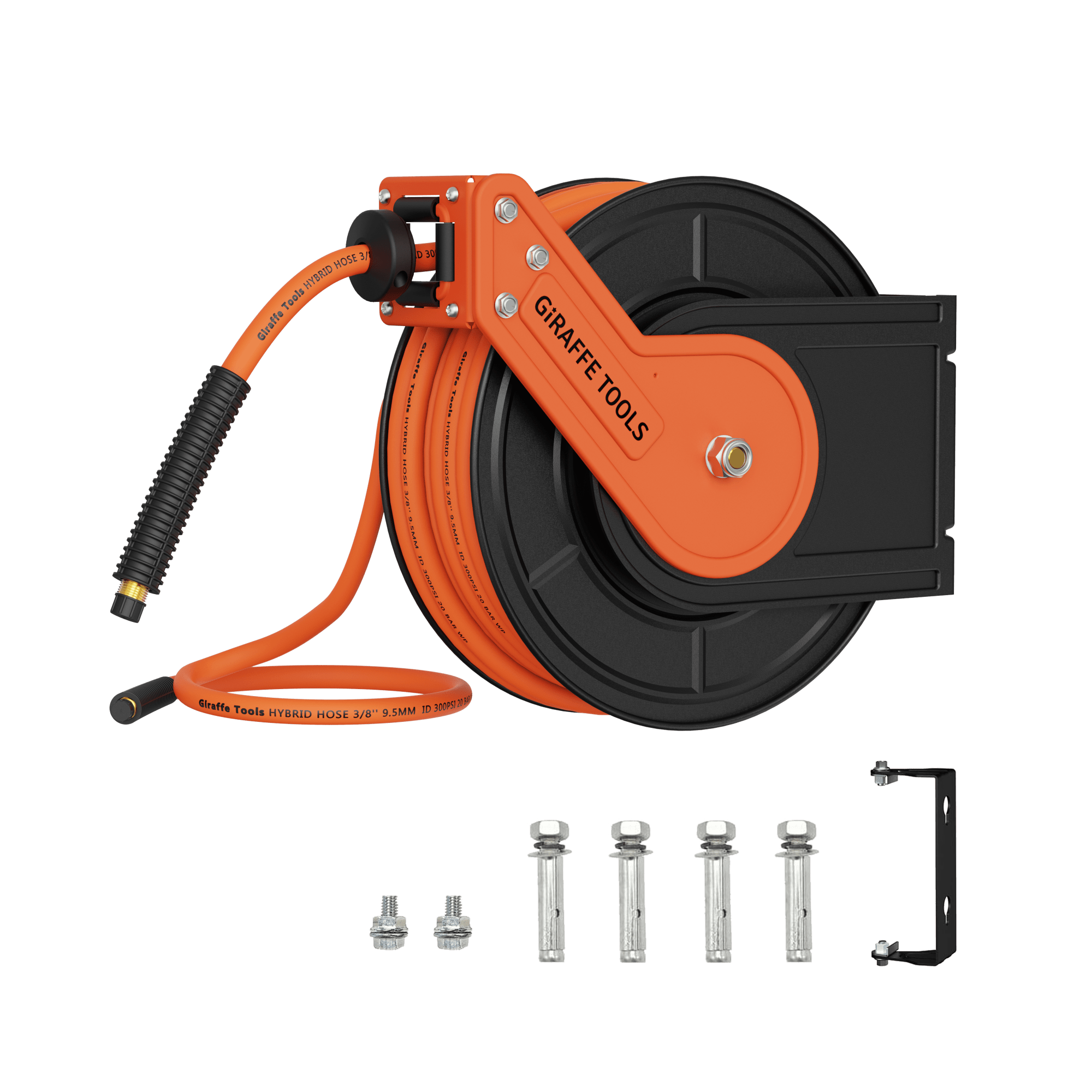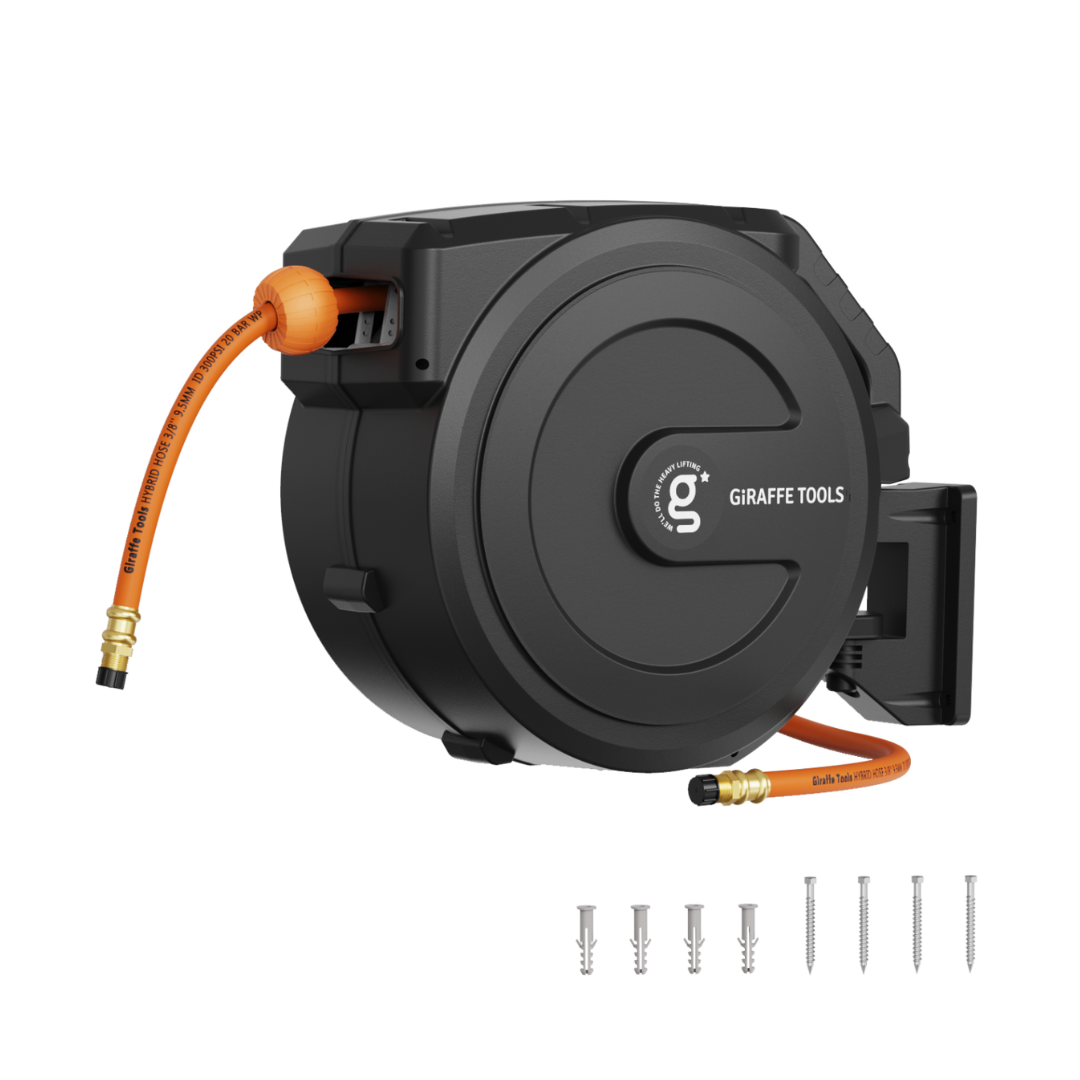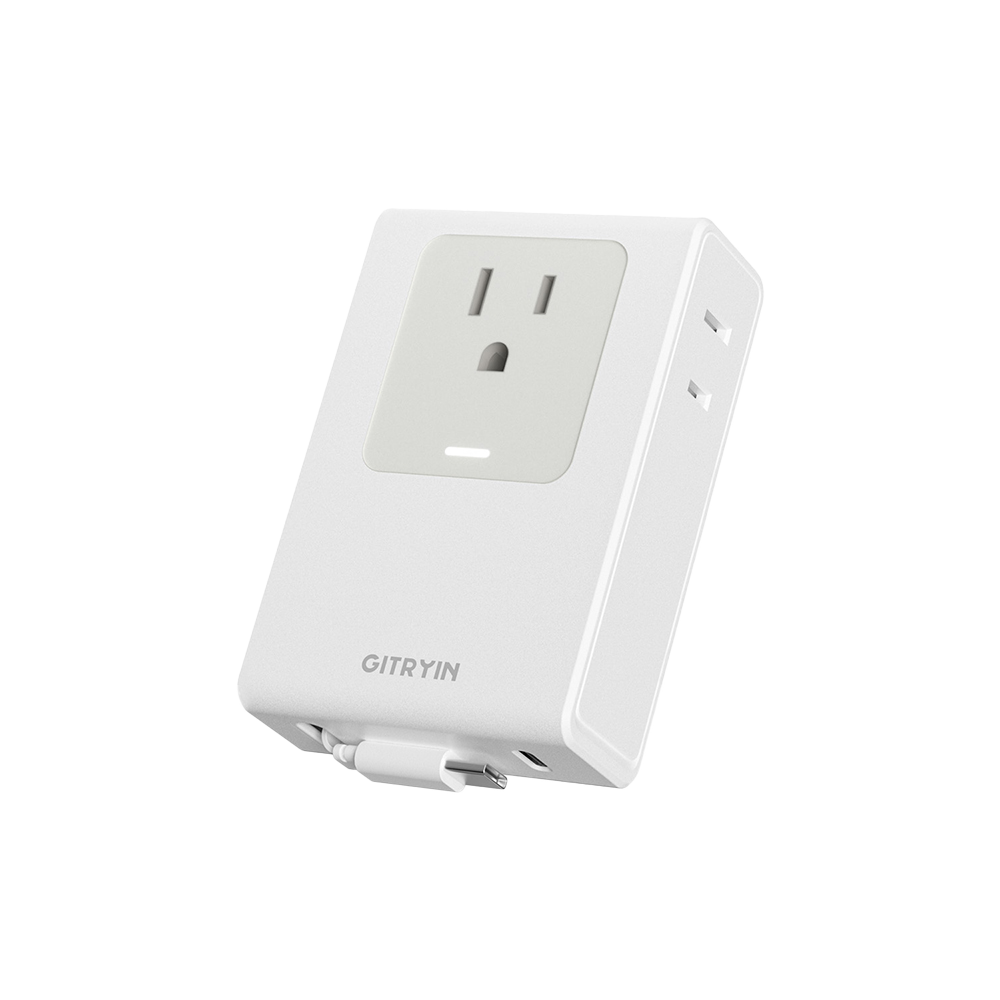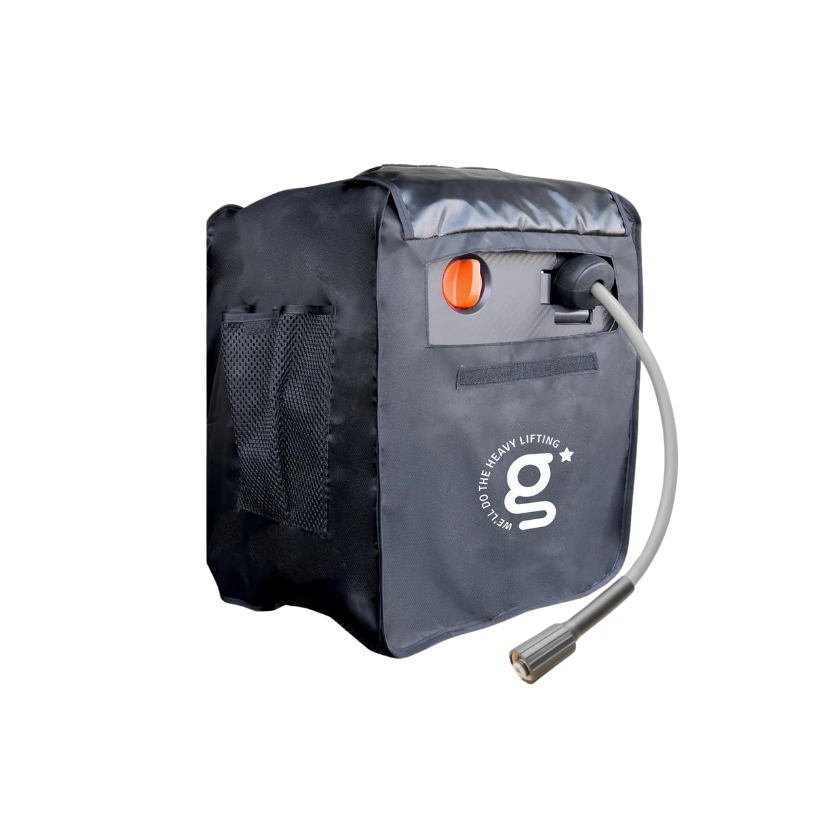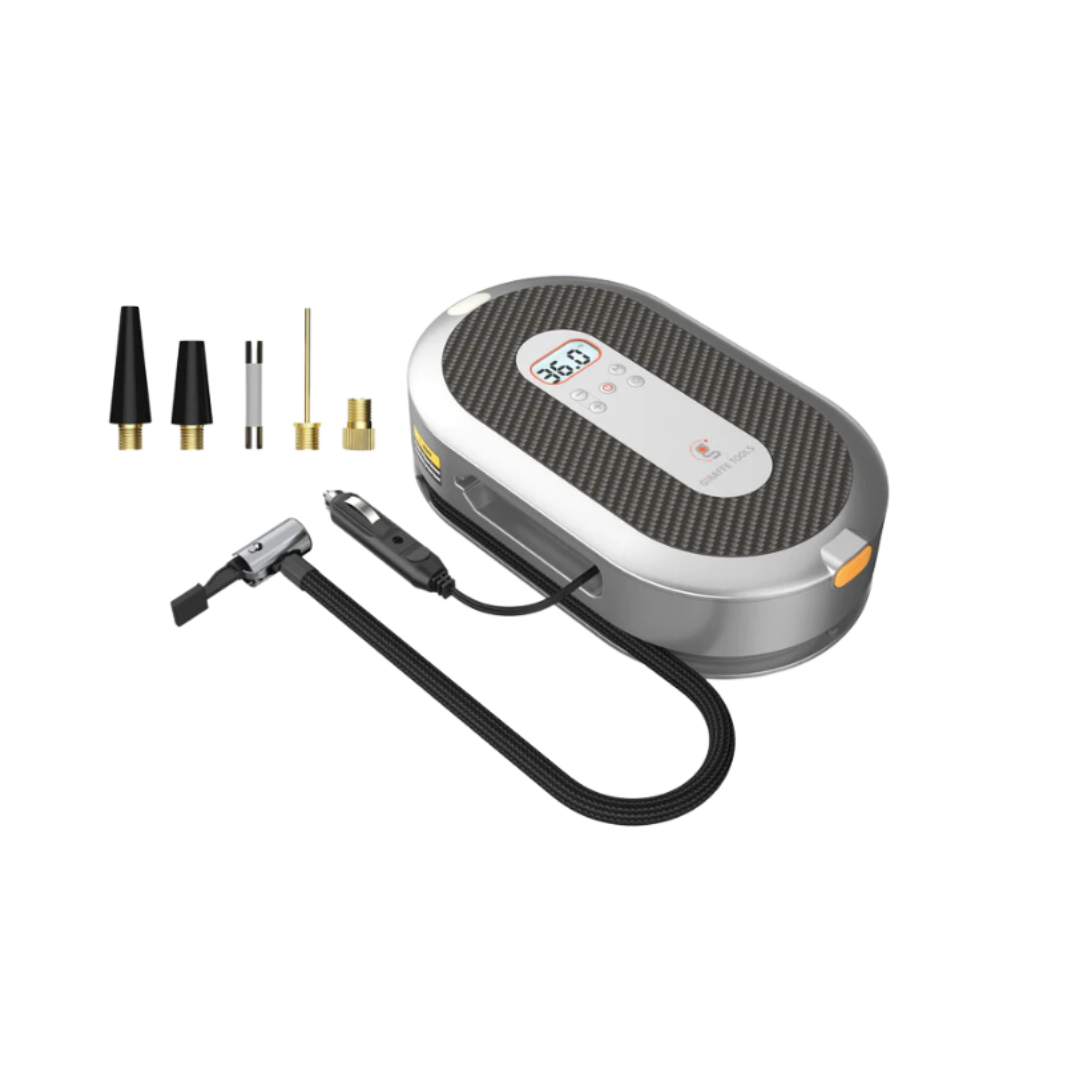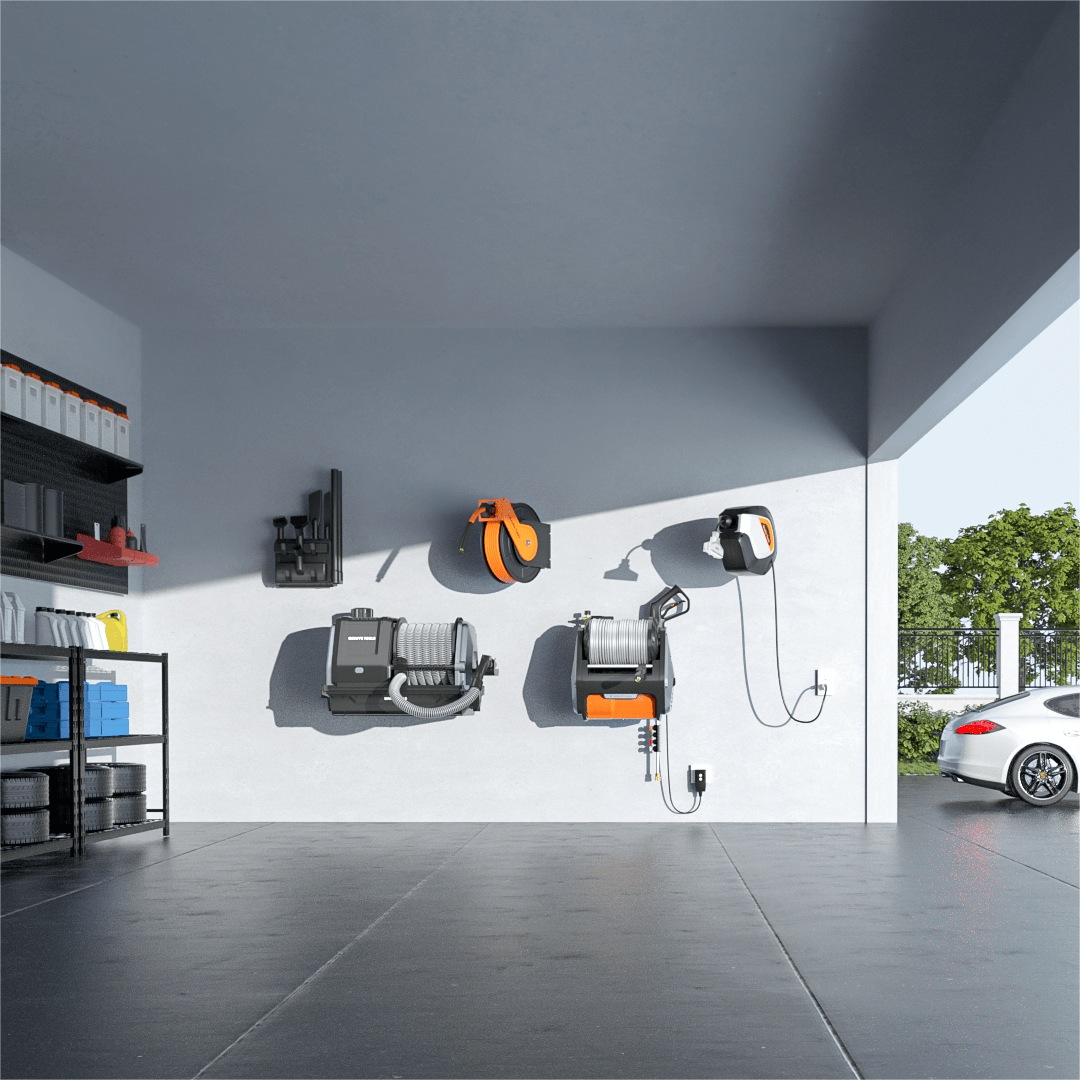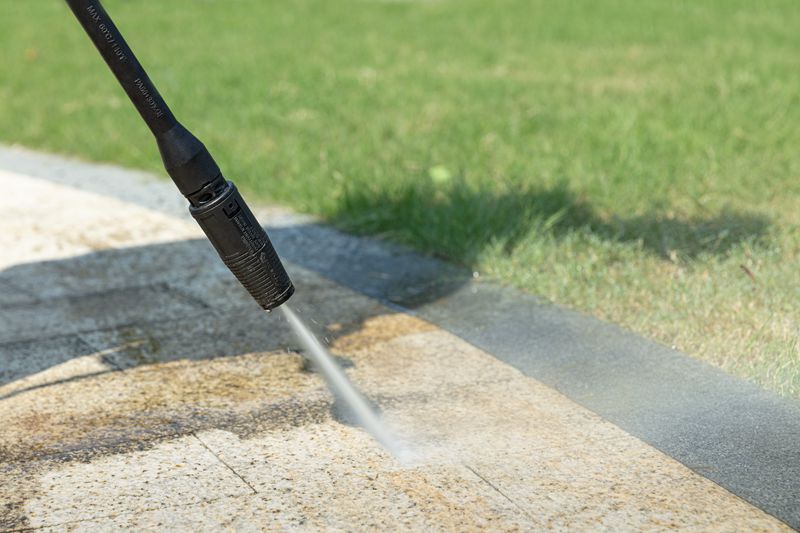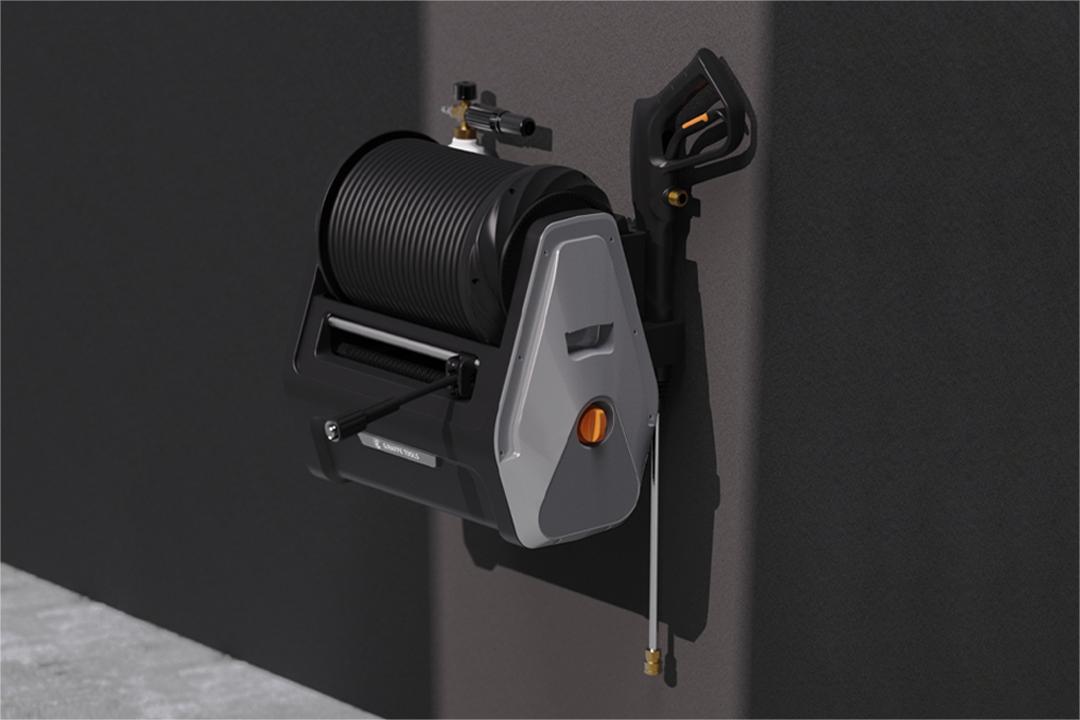Drenched in oil, and wrapped around with dirt and grime, if that's how the car's engine looks every time you open the bay, the engine probably needs cleaning! And when it comes to automotive cleaning, a pressure washer is the best resort, as it gets the job done within minutes.
Is it safe to pressure wash your car’s engine? You must have heard people talk about how a pressure washer ruined their car’s performance.
Does it happen with everyone? This article is all about cleaning an engine with a pressure washer. I'll tell you if it's safe or not and some dos and don'ts you need to take care of.
Is It a Good Idea to Pressure Wash the Car Engine?
Yes, pressure washing the car engine is a good idea, only if you do it the right way. The engine bay doesn’t just house the engine, but it has some other components including the alternator and the battery that can get damaged due to high pressure.
There are a lot of things that go into cleaning a car engine using a pressure washer, such as the pressure and the engine components you can wash.
The Pros and Cons of Pressure Washing the Car Engine
Now that you know it is safe to wash the engine with a pressure washer, you should learn about its pros and cons. These will help you decide if you should really use a pressure washer under the hood.
The Pros
Hassle-free Cleaning
Scrubbing that black oil from the engine is a painful task and requires a lot of manual labor. But when you employ a pressure washer, the job gets easier. The strong pressure can quickly get the stubborn oil off and reduces the manual effort to almost 50 percent.
Clean the Engine Anytime
Car wash centers get extremely busy, especially during the weekends, and if you don't want to stand in those long queues, get some help from a pressure washer. No need to rush to the car wash when you can clean the engine as well as the entire car at your home.
Saves a Lot of Money
Pressure washing the engine saves you a lot of money that you spend in the workshop getting your monster cleaned.
The Cons
May Damage the Electricals
The components of the engine can easily handle the pressure, but electrical wires and components can’t handle it. Focusing the beam of water directly on the wiring can cause short-circuit and may call for some repairs. And car repairs without money become a problem when you need your vehicle for everyday activities. So be careful when washing the engine.
Chances of Corrosion are there
New cars have engines with anti-corrosion treatments, but if you own an exotic one, the chances of corrosion are there. Some metal parts of the engine can catch corrosion if washed frequently. Also, pressure washers can chip off the anti-corrosion coating, leading the engine to corrode.
Should I Avoid Pressure Washing the Car Engine?
After knowing the cons, you might be wondering if you should still pressure wash the engine! Well, there is no harm in washing the engine, just make sure you get it done right. Below, I have listed some dos and don’ts when pressure washing the car engine.
The Dos and Don’ts of Pressure Washing a Car Engine
The Dos
Cover the Electricals
Start with covering the electricals such as the alternator, distributor, and the battery with plastic covers. Make sure they don't get wet, even if you focus a powerful stream of water on them.
Disconnect the Battery Terminals Off
Even after covering the electricals and the battery, there are chances water may seep inside the cover. Always remove the battery terminals to avoid short circuits. Find the negative terminal and remove it first. Watch this video to learn more about how to disconnect a car battery.
De-grease Manually
Degreasing is an essential part of cleaning the engine, and a lot of people do it with a pressure washer. Try to reduce the time you focus the pressure washer directly on the engine, and it can be done by degreasing.
Just spray the degreasing liquid over the engine, wait for some time, and get the job done with the pressure washer.
Adjust the Pressure Accordingly
Not every component under the hood can withstand the same pressure. For example, the metal parts of the engine can bear more pressure, whereas the plastic covering requires less pressure for cleaning. Have a good pressure washer with variable modes to clean the engine efficiently.
The Don’ts
Don’t Wash the Engine, When It’s Hot
If you have just arrived from work and are ready to wash your engine, you need to stop! The hot metal parts can quickly contract when you spray cold water on them, and it can even lead them to crack. Let the car sit idle for some time, and then go ahead with washing the engine.
Don’t Use Nozzles with a Narrow Tip
Using a nozzle with a tight focus will increase the water pressure, and you should avoid this. Always use a wide-angle spray tip in order to lower the pressure and prevent blasting water into the electrical components.
Don’t Bring the Nozzle Very Close to the Engine.
Keep the pressure washer nozzle at a safe distance from the engine. If the pressure washer does not let you adjust the pressure setting and works on the highest one, you should keep it at least 3-4 feet away from the engine. Only put the nozzle closer to the engine when the pressure is switched to the lowest setting.
How Frequently Can You Pressure Wash the Car Engine?
There is no exact answer to this since it depends on how old your vehicle is and the area you live in! If you see a lot of dirt, oil, and grime sticking to the engine, you can use a pressure washer to make it spick and span.
Final Thoughts
It is completely safe to pressure wash your engine provided you adhere to all the dos and don’ts listed in this article. Make sure to learn about the engine components, as some parts cannot withstand high water pressure.
Moreover, the instruction manual will tell you everything about the engine and its components, so you can clean it better.

